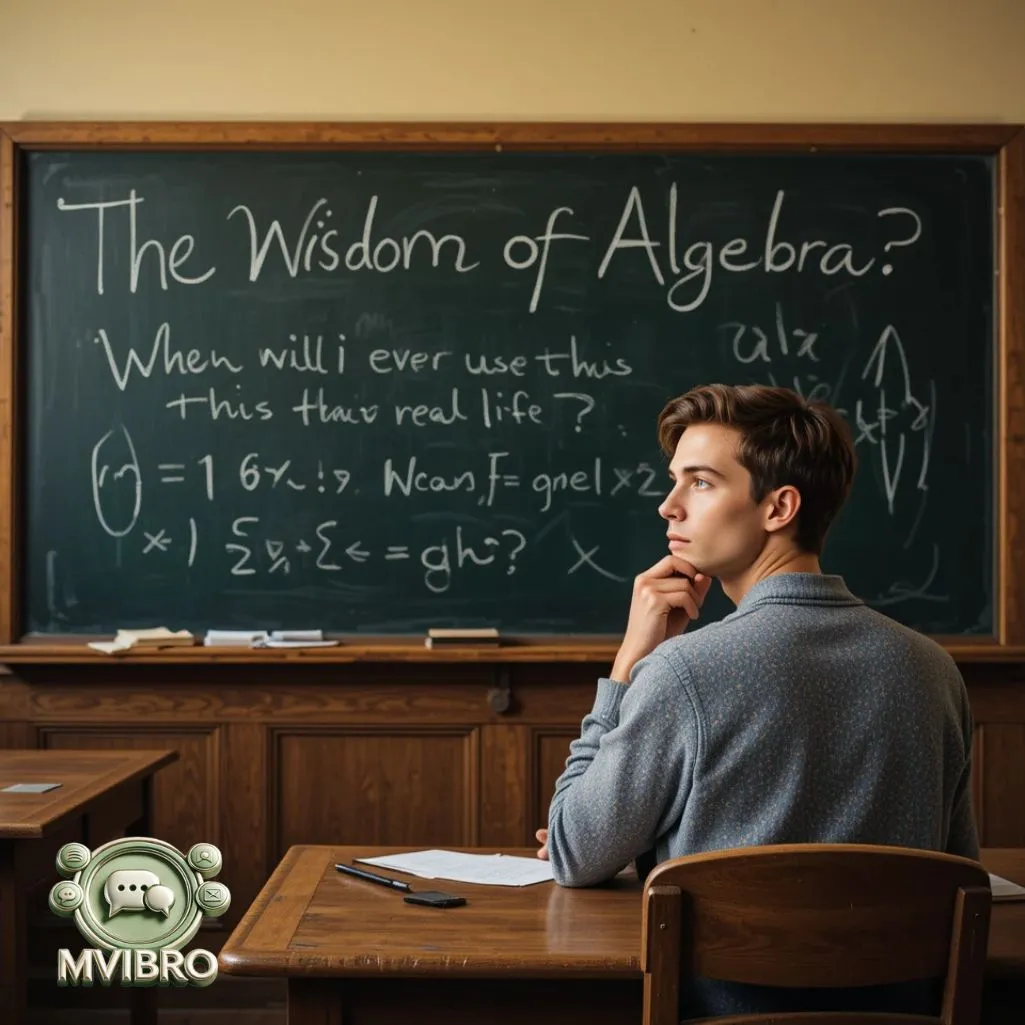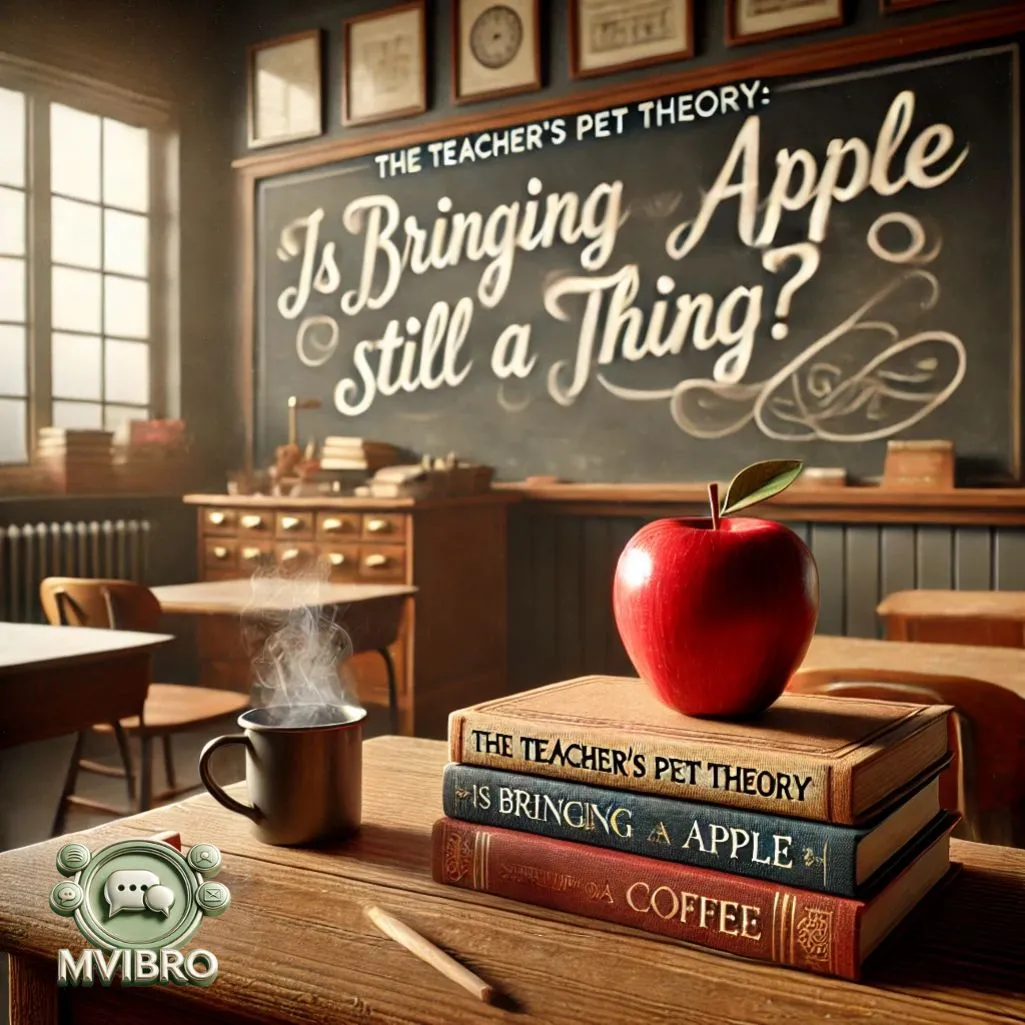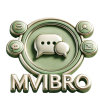Are you ready to spice up your classroom with some humor and creativity? It’s time to be the class hero with a collection of the best funny teacher roasts that are sure to get laughs and create unforgettable memories!
When you’re looking to inject a bit of fun into your lessons or celebrate your students in a unique way, this list will have you covered with the perfect balance of wit and charm.
The purpose behind these creative and hilarious replies is to enhance the festive spirit in your classroom while fostering connections through humor. Teacher-student relationships thrive on trust, respect, and, of course, fun moments that everyone can look back on with a smile.
With these roasts, you’ll be able to not only break the ice but also make each day a celebration of good times and laughter.
In this post, you’ll discover 35+ creative replies that will elevate your teaching game and give you the power to express appreciation, playfulness, and a touch of sass in the most memorable ways.
These responses are perfect for any situation when you’re giving a well-timed roast or showing your students how much you care with humor.
The Wisdom of Algebra: “When will I ever use this in real life?”

Algebra often gets a bad rap for being hard to understand and seemingly irrelevant. However, learning algebra builds problem-solving skills that help in many real-life situations. From calculating expenses, planning budgets, or even figuring out how much paint you need for a room, algebra skills come into play. It’s not just about numbers; it’s about thinking logically and solving challenges.
Example:
When you’re planning a road trip, algebra can help you figure out the fuel costs, distance, and even the time it will take to reach your destination.
The Eternal Detention Threat: “Is there a record for most detentions given?”
Detention is a well-known consequence in schools, but it often sparks curiosity among students. The idea of setting a “record” for detentions can be both humorous and a warning. While it can be easy to joke about, it’s important to remember that detentions are meant to help students reflect on their behavior and learn from it. The real lesson is about responsibility and accountability.
Example:
One student jokingly asked if there was a record for most detentions, but their teacher used it as an opportunity to discuss the importance of respecting classroom rules.
The Unforgettable Homework Excuse: “My dog actually did eat my homework.”
This classic excuse has been around for years. Students often joke about their dog eating their homework, but it’s more of a humorous way to cover up a real issue—forgotten assignments. While it may sound funny, it’s important to take responsibility for your work. Good time management and communication with teachers can help avoid these situations.
Example:
When a student came up with the “dog ate my homework” excuse, their teacher laughed but reminded them to plan ahead next time.
The Art of Nap Time Negotiation: “Can nap time be extended to four hours?”
Nap time, especially in younger grades, is a time when students get to rest and recharge. The idea of negotiating for more nap time is a funny and relatable concept, reflecting how much students value a break. While nap time can help with energy and focus, balancing it with schoolwork and activities is crucial for productivity.
Example:
One student playfully asked if nap time could be extended to four hours, but their teacher explained the importance of keeping a healthy balance between rest and learning.
The Lunchtime Gauntlet: “Is cafeteria food actually edible?”
Cafeteria food often sparks strong opinions among students, with many questioning its taste and quality. This playful comment reflects the daily challenge of deciding whether to eat what’s on the menu. While it’s easy to joke about the food, it’s also an opportunity to appreciate the importance of nutrition and making healthier food choices.
Example:
One student asked if cafeteria food was edible, and their teacher reminded them how healthy food choices can help improve focus and energy during school.
The Mysteries of P.E.: “Do laps around the field count as cardio?”
Physical Education (P.E.) often gets a mix of reactions from students. Running laps around the field might seem like a chore, but it’s actually great for cardiovascular health. Understanding the benefits of exercise can make P.E. more enjoyable, and seeing it as a way to stay fit can shift the perspective on physical activities.
Example:
A student asked if running laps counted as cardio, and the teacher explained how each lap contributes to building endurance and strength.
The Bonus Points Dilemma: “Is there such a thing as too many bonus points?”
Bonus points can be a fun way to reward students for their effort or improvement. However, there’s a balance between giving out bonus points and maintaining fairness in grading. Students might wonder if there’s such a thing as “too many,” but in reality, bonus points are meant to be an extra incentive, not a way to change the overall grading system.
Example:
A student asked if there was such a thing as too many bonus points, and the teacher explained that while they help reward extra effort, they shouldn’t overshadow the main learning goals.
The Great Doodling Debate: “Is doodling during lectures an art form?”
Doodling in class is often viewed as a distraction, but many students argue that it’s a form of self-expression. While some might see it as a sign of boredom, others believe it helps them concentrate and retain information. The truth is, a well-done doodle can often be an outlet for creativity. It’s about finding balance between staying engaged in the lecture and using creativity to stay focused.
Example:
One student proudly showed off their doodle-filled notebook, and their teacher praised them for their artistic skills but reminded them to stay focused on the lesson at hand.
Related: Witty And Funny Replies to Rude Comments
The Hall Monitor Chronicles: “Am I the fastest in the school?”
Being a hall monitor often comes with a sense of responsibility and a little bit of power. This playful question reflects the pride students take in their duties. Speed in completing the hall monitor tasks is often seen as a badge of honor, but it’s also a reminder of the importance of being responsible and respectful while on duty.
Example:
A student asked if they were the fastest hall monitor, and the teacher smiled, acknowledging their speed but emphasizing that the role was about helping others, not racing through tasks.
The Legend of the Pop Quiz: “How much does a quiz weigh in the grand scheme of life?”
Pop quizzes often spark anxiety among students, but they are an important tool for gauging knowledge. While a quiz might seem like a small part of the bigger picture, it serves as an opportunity to reflect on what has been learned. The weight of a pop quiz in life may be small, but it provides valuable insights into where students need improvement.
Example:
After a pop quiz, one student asked how much it mattered in the grand scheme of life, and the teacher reassured them that it was just one piece of the puzzle, but a useful way to measure progress.
The Science of Experiments: “Can I blow something up in the name of science?”
Science experiments often ignite curiosity and excitement, but the goal is always to learn safely. While it might be tempting to go for something dramatic, experiments are meant to explore scientific concepts and encourage critical thinking. Safety and understanding the science behind each experiment are crucial before considering any risky ideas.
Example:
A student joked about blowing something up for an experiment, and the teacher explained that science is about discovery, but it should always be done with caution and a clear purpose.
The English Grammar Police: “Does the Oxford comma truly matter?”
The Oxford comma has sparked debates among grammar enthusiasts for years. Some argue that it clarifies meaning, while others believe it’s unnecessary. In written communication, the Oxford comma can make a significant difference in clarity, especially in lists. It’s not just a rule, but a tool to ensure meaning is preserved and understood.
Example:
A student asked whether the Oxford comma really mattered, and the teacher demonstrated with a sentence where its inclusion changed the meaning completely, proving its importance.
The Musical Talent Showcase: “Should air guitar solos count as a school performance?”
Air guitar solos might seem like a funny and lighthearted activity, but they’re also an expression of creativity. Whether or not they should count as a school performance depends on how they are presented. The real value lies in the performance’s energy and creativity, regardless of whether the instrument is real or imagined.
Example:
When a student asked if air guitar solos could count as a performance, the teacher laughed and suggested a talent show where creativity, rather than the instrument itself, would be the true star.
The Library Whisperer: “Can a library book be read with sound effects?”
Reading is a personal experience, and how we engage with books can vary. Adding sound effects while reading might seem unconventional, but it can make the experience more immersive and enjoyable. However, the library environment is meant for quiet reading, and sound effects should be kept to a level that doesn’t disturb others.
Example:
A student wanted to read their book with sound effects, and the librarian encouraged them to enjoy the experience but reminded them to be mindful of the quiet space in the library.
The History Buff’s Quest: “Is history a true reflection of what really happened?”
History is often told through the lens of those who recorded it, which means that it can be shaped by perspective. The quest for understanding history is about looking at different sources, analyzing them critically, and questioning the accuracy of what’s been recorded. It’s not about accepting everything at face value but seeking a deeper understanding of past events.
Example:
A student asked if history truly reflects what happened, and the teacher explained that it’s important to consider different viewpoints and sources to understand history more fully.
The Drama Club Masterclass: “Can Shakespearean insults be used in everyday conversation?”
Shakespearean insults are famous for their creativity and wit. While they may sound dramatic, they can certainly add a fun twist to everyday conversations. Using them in the right context can be humorous and even educational. These creative insults allow people to express frustration or playfulness without being too harsh, as long as it’s in good fun.
Example:
A student jokingly asked if they could use Shakespearean insults in daily conversations, and their teacher encouraged them to try it in a friendly debate, making sure it remained playful and respectful.
The Tech-Savvy Student: “Can we upgrade to hologram lectures?”
In today’s digital world, technology is rapidly changing the way we learn. The idea of upgrading to hologram lectures may seem futuristic, but it shows the growing interest in immersive learning experiences. While holograms aren’t mainstream yet, advancements in virtual reality are paving the way for more interactive and engaging lessons.
Example:
When a student asked about hologram lectures, the teacher explained that while it’s not possible right now, the future of education is looking more tech-savvy every day with virtual and augmented reality coming into play.
The Myth of the Perfect Attendance: “Is there a secret to never missing a day?”
Perfect attendance is often seen as a badge of honor, but the reality is that life happens. While it’s great to aim for perfect attendance, it’s also important to take care of one’s health and well-being. The key isn’t just showing up but being present and engaged during the learning process.
Example:
A student asked if there was a secret to perfect attendance, and the teacher shared that the true goal is being actively engaged in learning, even if it means occasionally missing a day for rest.
The Recess Strategy: “Are playground games an Olympic sport in disguise?”
Playground games are full of energy and excitement, and some may even be more competitive than they seem. While they aren’t Olympic events, they teach valuable life skills such as teamwork, strategy, and coordination. It’s a fun way to get exercise and foster friendships, all while playing in a relaxed environment.
Example:
When a student asked if playground games could be Olympic sports, the teacher smiled and explained that, although they weren’t Olympic events, they provided valuable lessons in sportsmanship and physical fitness.
The Geography Challenge: “Can we count exploring Google Maps as field trips?”
Field trips provide a hands-on learning experience, but technology is making it easier to explore the world from the classroom. Google Maps and other virtual tools offer students a way to “visit” different places and gain geographical knowledge without leaving school. While it’s not the same as being there in person, virtual field trips can still be informative and engaging.
Example:
A student asked if using Google Maps could be considered a field trip, and the teacher agreed that while virtual exploration isn’t quite the same, it’s a fantastic way to learn about geography and world landmarks.
The Debate Over Debates: “Can I argue for pizza being a vegetable?”
Debating is a great way to develop critical thinking and communication skills. Arguing that pizza is a vegetable, for instance, might be fun but also encourages students to think about logical reasoning and evidence-based arguments. In this case, it’s more about using creativity and humor to frame an argument than to seriously claim pizza as a vegetable.
Example:
When a student asked if they could debate pizza being a vegetable, the teacher encouraged them to research the topic for fun, helping them build persuasive skills while exploring the real nutritional aspects of food.
The Poetry Slam Experience: “Are rhymes the secret to understanding life?”
Poetry is often seen as a powerful tool for expression. Rhymes and rhythm can convey emotions and messages that might be difficult to express otherwise. Whether in a formal poetry slam or casual conversation, rhyming can make communication more engaging and memorable. It’s a fun way to reflect on life’s deeper meanings through creative expression.
Example:
A student asked if rhymes could help understand life, and the teacher encouraged them to explore how poetry allows us to look at the world in new ways, offering clarity through rhythm and rhyme.
The Class Clown Chronicles: “Is humor a valid form of academic achievement?”
Humor often gets a bad reputation in educational settings, but it can be a valuable learning tool. A good sense of humor can foster creativity, ease tension, and make the learning process more enjoyable. Humor allows students to bond, learn, and retain information in a more relaxed environment. It can be a form of academic achievement when used to support learning and critical thinking.
Example:
When a student joked that humor should be an academic subject, the teacher explained that while laughter isn’t a formal grade, humor plays a significant role in creating a positive and engaging classroom environment.
The Teacher’s Pet Theory: “Is bringing an apple still a thing?”

The concept of bringing an apple to the teacher has long been a symbol of appreciation, but is it still relevant today? While the tradition may feel outdated, the idea behind it remains timeless: expressing gratitude and respect. In modern classrooms, gifts may vary, but the sentiment of kindness and acknowledgment is always appreciated.
Example:
A student joked about the “apple” tradition, and the teacher laughed, saying that while it’s not necessary, any small gesture of appreciation is always welcomed in a positive classroom environment.
The Lab Experiment Gone Wrong: “Can a lab partner really blow up the lab?”
Science experiments are exciting and can sometimes go awry. While it’s rare to have a catastrophic failure, it’s always important to follow safety guidelines. A “blown-up” lab is often the result of not paying attention to instructions, and lab partners should work together to ensure safety. Science is all about experimenting and learning from mistakes.
Example:
When a student asked if a lab partner could really blow up the lab, the teacher explained that while it’s possible to make mistakes, safety protocols are in place to avoid any disasters, reminding students that learning from errors is part of the process.
The Silent Library Champion: “Is silence truly golden in the library?”
The library is traditionally a quiet space where people can read and study. Silence allows for focus and respect for others. However, some modern libraries incorporate quiet zones and areas for collaboration, blending the need for peace with the benefits of group study. It’s about finding the balance between silence and engagement.
Example:
A student wondered if silence was still essential in the library, and the teacher shared that while silence helps with concentration, some libraries encourage group work or discussion in specific areas, highlighting the flexibility of modern learning environments.
The Mathlete’s Dilemma: “Is there a formula for solving life’s problems?”
Math is all about formulas, but life doesn’t always follow a predictable equation. Still, math teaches problem-solving, critical thinking, and persistence, which are valuable skills in real-life situations. While you won’t always find a formula for every issue, the lessons from mathematics help develop an analytical mindset that can guide decision-making.
Example:
When a student asked if there was a formula for life’s problems, the teacher responded that while life doesn’t have a simple equation, the problem-solving strategies learned in math help in approaching complex real-world challenges.
The Foreign Language Conundrum: “Can I order pizza in Latin?”
Learning a foreign language opens doors to new cultures and communication styles. While Latin is no longer a spoken language in daily life, it’s often studied for its historical significance and influence on modern languages. Ordering pizza in Latin might be a fun challenge, but it’s not a practical use of the language today. However, it does highlight the richness of learning ancient languages.
Example:
A student joked about ordering pizza in Latin, and the teacher explained that while Latin isn’t a conversational language, understanding it helps with studying modern languages and history, making the pursuit worthwhile for academic reasons.
The Endless Summer Vacation Dream: “Is ‘summer forever’ a reasonable academic goal?”
The dream of endless summer is often associated with freedom and relaxation. However, the structure of the academic year is important for growth and learning. Balancing work and leisure helps students develop time management skills. While it’s tempting to wish for an eternal summer, finding joy in both learning and relaxing is key to a successful life.
Example:
When a student asked about having summer forever, the teacher explained that while everyone loves a break, the structure of the school year helps students grow and develop important life skills, making the balance of work and play essential.
The Graduation Conundrum: “Can we fast-track to graduation day?”
Graduation is a milestone that signifies hard work and achievement, but it’s important to appreciate the journey and lessons learned along the way. Fast-tracking through school might seem appealing, but it’s the experiences, knowledge, and growth during those years that truly shape a student’s future. It’s about building a solid foundation for life.
Example:
A student asked if they could fast-track to graduation, and the teacher explained that while graduation is exciting, taking the time to learn, grow, and enjoy the journey is what truly prepares students for life after school.
Key Insight
- What is a funny teacher roast?
A funny teacher roast is a playful, lighthearted joke or comment aimed at a student, often delivered with humor and affection. - Are teacher roasts appropriate in all classrooms?
Teacher roasts should be used with caution, ensuring they are respectful and in the spirit of fun to maintain a positive classroom environment. - How can humor improve classroom dynamics?
Humor can break the ice, reduce stress, and create a more relaxed, open atmosphere, encouraging better student-teacher relationships. - What makes a good teacher roast?
A good roast is witty, clever, and inclusive, never crossing boundaries or making students feel uncomfortable. - Can humor in the classroom help with learning?
Yes, humor can enhance engagement, making lessons more memorable and helping students retain information in a relaxed, enjoyable setting.
Conclusion:
In the world of classrooms, humor can be the secret ingredient that turns a dull lesson into an unforgettable experience. If you use these 35+ replies, you can make your conversation more positive.
“Be the class hero, good funny teacher roasts revealed” encourages students to embrace the lighthearted side of learning, while also giving teachers the opportunity to connect with their students in a fun and engaging way.
A well-timed roast, delivered with respect and wit, can build bonds and make students feel seen and appreciated. As we navigate the balance between authority and humor, it’s clear that these roasts, when used appropriately, can create an atmosphere where both students and teachers are empowered to learn, laugh, and grow together.

Hi! I’m Ethan Matthews, the admin of mvibro.com, dedicated to bringing you the best responses and comebacks to navigate conversations with style and confidence.

